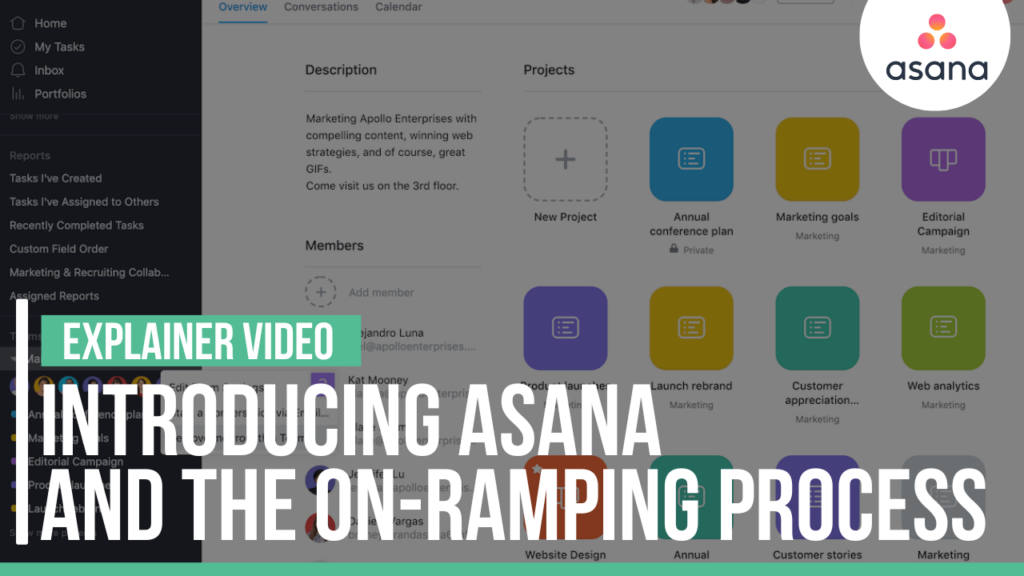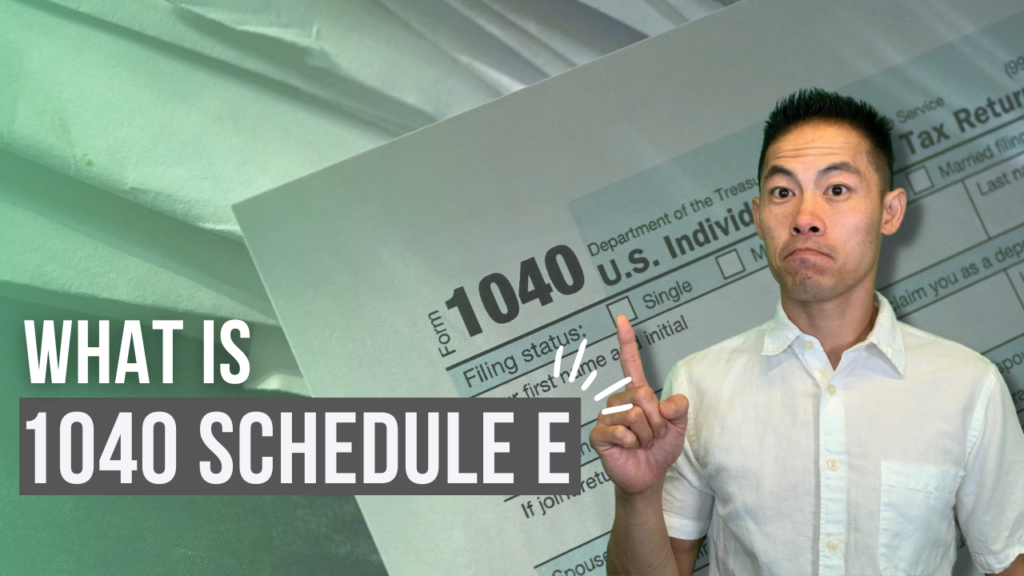Condo Landlord Insurance Facts
Every investor should have a Dwelling Fire Policy, also known as the landlord’s policy. In this article, we are going to talk about the different types of insurance for condos and the different types of transfer for every type of building as well – The Condo Landlord Insurance Facts You Should Know. Those policies…

Every investor should have a Dwelling Fire Policy, also known as the landlord’s policy. In this article, we are going to talk about the different types of insurance for condos and the different types of transfer for every type of building as well – The Condo Landlord Insurance Facts You Should Know. Those policies are:
- Condo Policies
- Single Family Policies
- Multifamily Policies
- Commercial Policies
We are going to focus on condo insurance. One of the biggest misconceptions that we see with a lot of newer investors is that they buy a condo and say that there is a master policy. However, there are a few different things that they should be aware of:
Rule #1: Master Policy Deductible
Master Policy in condo association does not want you to make claims. To mitigate that, what they are going to do is increase the deductible amount. It can be $5,000 or $10,000. We have seen it as high as $20,000, but that means there has to be a law up to that amount for it to kick in, so that means you’re responsible for the $5,000 or $10,000 or $15,000 worth of loss. So imagine if something happens in your unit, you want to make a claim, and it’s $6,000 worth of loss, you need to pay for it. Instead of that, what you will do is get the Dwelling Fire Policy that has a much lower deductible, either $250 or $500.
Let us just pretend again that the master policy deductible is $10,000. What you will do is only pay for the first $250 or $500 depending upon your deductibles. That policy will cover the rest.
Rule #2: Master Policy vs All-in Policy
The second rule is whether the master policy is considered an all-in policy or not. All-in means it does cover everything inside of the property; it might be your cabinets or things of that nature. But you have to be aware that it might not include your renovation.
If you are a condo landlord who just did a major renovation and have fancy things like high-end furniture, you might not be covered. Again, that is where the condo policy or your Dwelling Fire Policy will help you. They might only cover originally what the building was like 60 years ago; just be aware of that aspect as well.
Rule #3: Loss of Rents
Another reason why it is called the Dwelling Fire Landlord Policy is that it covers loss of rents. Your master policy covers loss of rents caused by a flood or a fire and the displaced tenants who are unable to live in the unit. The insurance policy will cover your rent and give you a year to replace and fix your apartment.
Imagine you are a landlord and you had a flood or a fire and you still have your mortgage. You still have your condo fee, and taxes, tenants had to move out, and you have nothing protecting, your Dwelling Fire Policy will cover that with a loss of rent. In addition, you will have Tenant Displacement. The Dwelling Fire Policy will typically cover up to $750 of that, you just need to provide receipts.
So that is it for the insurance facts any condo landlord should know. Again, we covered insurance policies – condo policy, specifically – and how it will protect you, along with the differences between that and a master policy. If you have any additional questions, feel free to reach out to Green Ocean Property Management; where you get more than a property manager, you get peace of mind.
Boost Your ROI: Top Strategies for Boston Property Management
Are you a property owner in Boston looking to maximize your return on investment? You’re in the right place! In today’s blog, we’ll discuss how to boost your ROI with top strategies for Boston Property Management. These are strategies that professional companies swear by! Strategy 1: Expert Tenant Screening Attracting and retaining quality…
Introducing Asana and the On-ramping Process
Asana is one of the project management tools we use to help us serve you well. In today’s article, we take you on a virtual tour of the Asana interface – starting with the on-ramping process – showing just how much we go above and beyond to invest in state-of-the-art tools that allow us…
What is a 1040 Schedule E
Real estate comes with a lot of technicalities, especially tax forms. In today’s article, we go into detail about the 1040 Schedule E and how Green Ocean Property Management can guide you through tax forms such as this. Defining the 1040 Schedule E Form Now, a 1040 Schedule E is a…











